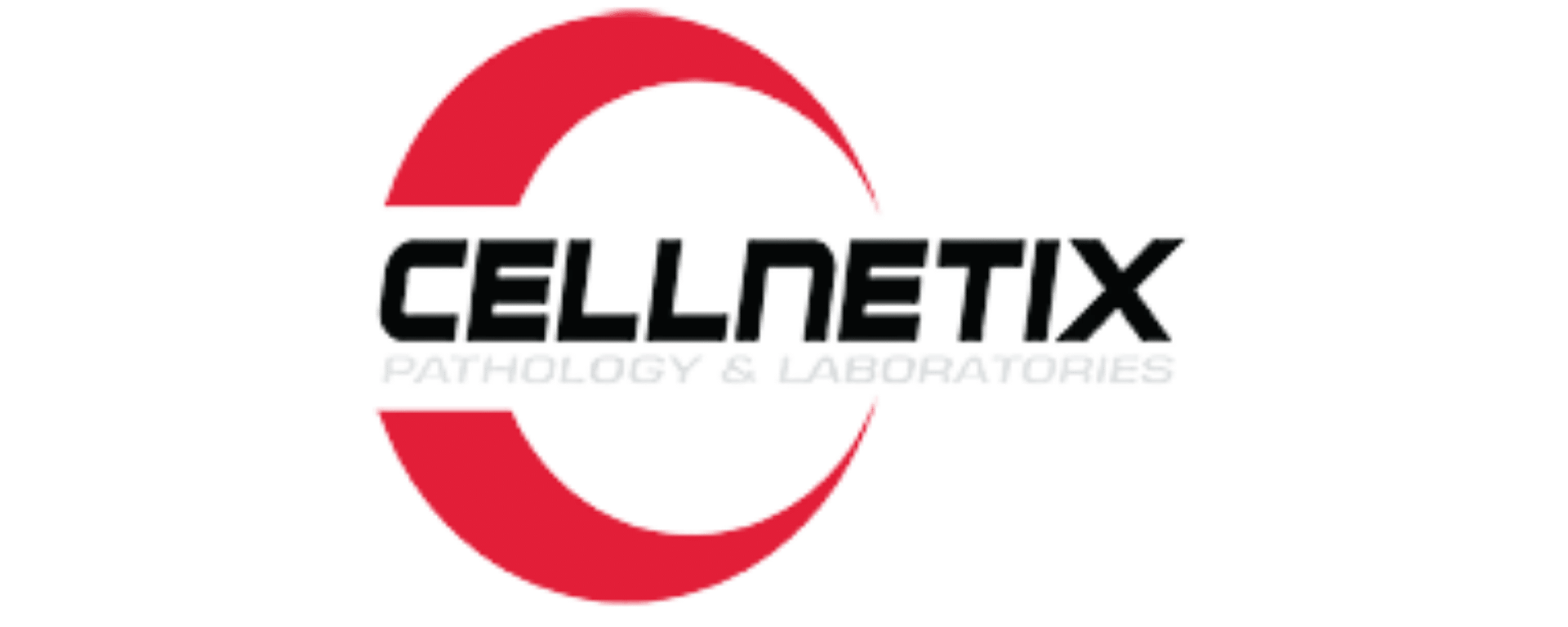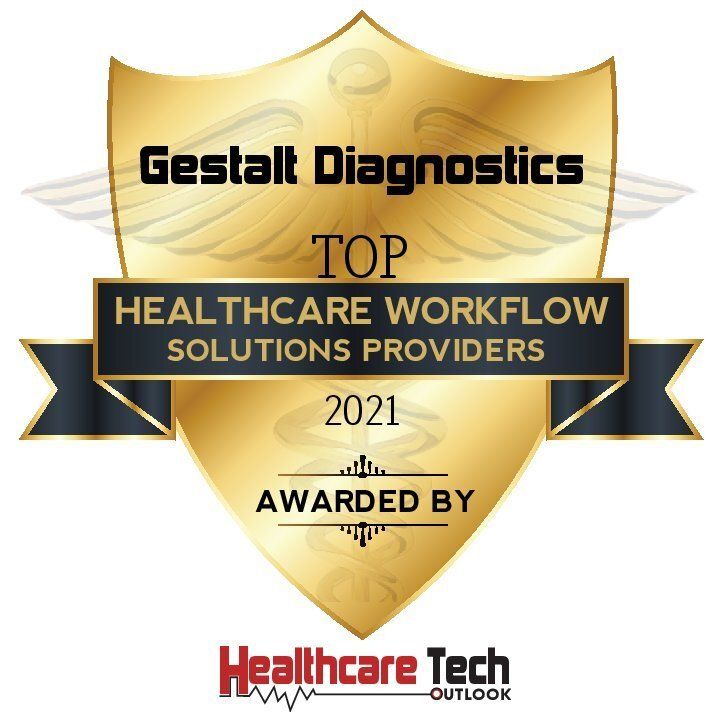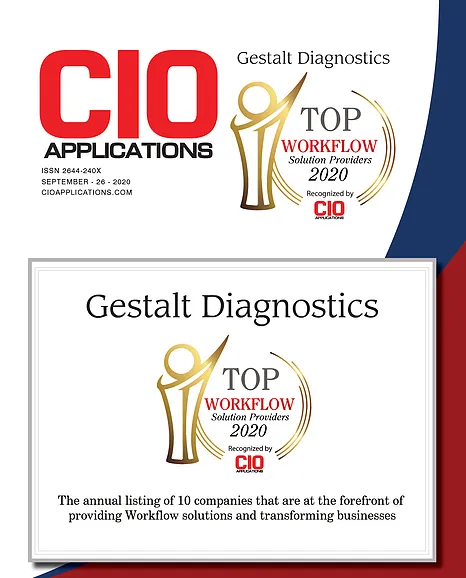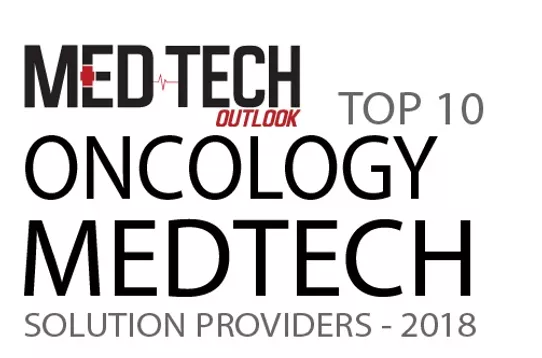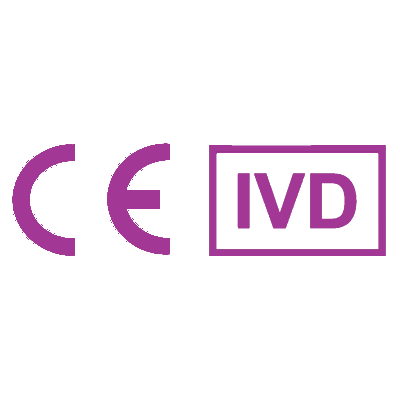AI and Machine Learning
Intelligence Elevated
What Is
AI and Machine Learning
Artificial Intelligence (AI) and Machine Learning (ML) are used to develop intelligent software such as computational pathology solutions. In pathology, AI and ML enable the detection and quantification of cancer cells. An ML solution is able to highlight regions of interest as well as provide scores and grading of tumors. It can identify specific types of cancer and provide quality control (QC) on cases already interpreted to identify areas that may have been missed.
AI is used in the clinical lab setting, aiding pathologists in diagnosis*. It is also used in research to bring new drugs and drug therapies to market faster and with better outcomes. In addition, AI can be used to better quantify specific treatments for patients, enabling personalized medicine.
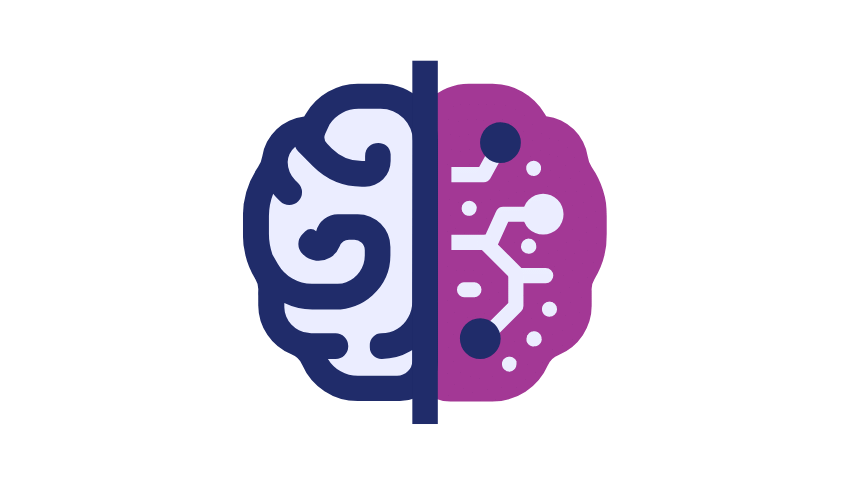
Features
Triage
Image Analysis (IA) can be performed on cases before they are routed to the pathologist. This helps route cases based on criteria such as complexity and urgency.
First Read
Cases can have AI run on them based upon specific requirements (customer, case type, pathologist preference, etc.) before being routed to a pathologist. This provides the results to the pathologist when they open the case.
Real-Time
AI provides real-time data for the pathologist to use when they choose to use it. Select which cases, and which images you want an algorithm to run on directly within your workflow. This provides results in seconds for use in interpretation.
QC or Second Read
Labs can define when and which cases to run algorithms on after they have been diagnosed to reduce errors, identify missed or misdiagnosed, or simply validate their accuracy for legal defensibility.
AI & Machine Learning
PathFlow® AI & Machine Learning solutions augment and enhance what a pathologist is able to see and the speed at which they are able to perform. It aids the pathologist with informed and efficient data, increasing diagnostic confidence with a more productive, efficient workflow. This frees pathologists from tedious, repetitive, and manual tasks allowing them to focus on their expertise, providing invaluable experience and knowledge where it matters most to consistently deliver a higher quality of care.








